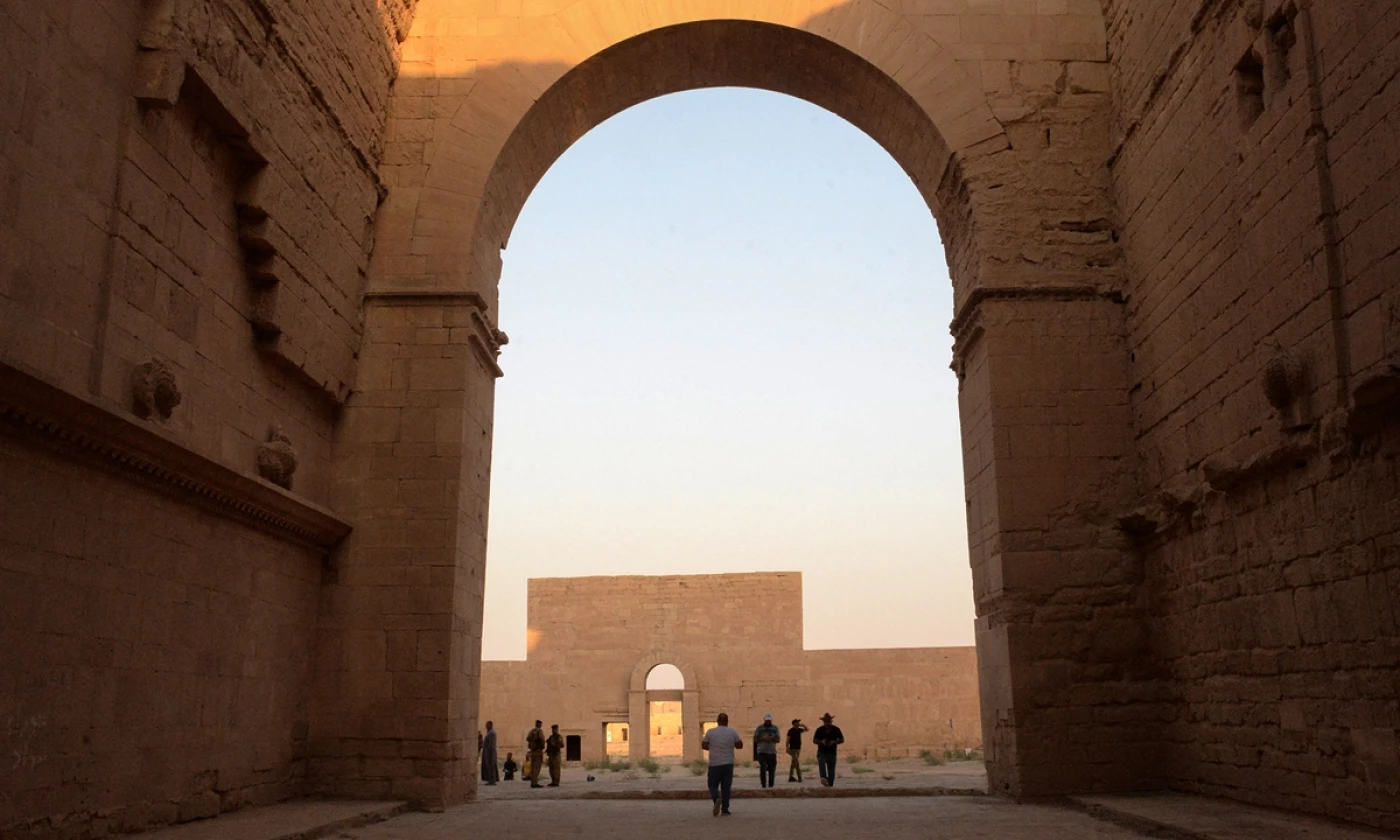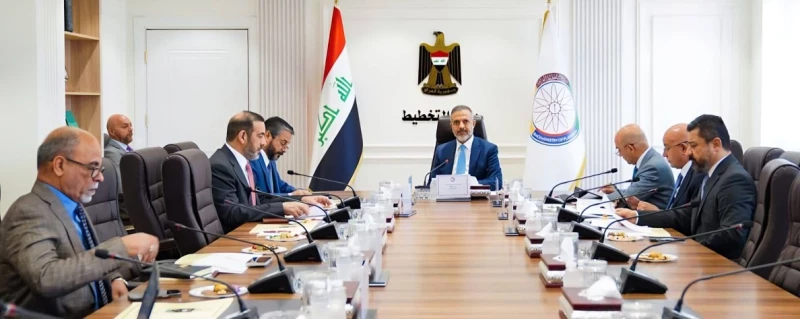ERBIL, Kurdistan Region of Iraq - Economist Manar al-Obaidi urged Iraq to improve its tourism infrastructure, calling the sector a "real alternative to oil" as the country looks for more sustainable sources of income.
In a post on social media Wednesday, Obaidi said Iraq’s tourism sector is growing quickly. He cited data from the Central Bureau of Statistics showing the number of hotels in Iraq reached more than 2,418 in 2023, an 86% increase over the last 10 years. Hotel revenues hit 695 billion Iraqi dinars last year, up 166% compared to 2015.
Obaidi said hotels in Iraq hosted 9.5 million guests in 2023. Of those, 28% were foreign visitors, around 2.7 million people.
Sulaimani had the highest number of visitors, making up 29% of the total. Karbala came next with 20%, followed by Erbil with 18%.
For international tourists, Najaf led with 35% of foreign hotel guests, followed by Karbala at 30% and Erbil at 11.6%.
Obaidi expects more growth in the coming years, especially if infrastructure continues to improve and the security situation stays stable. He said these factors will help bring more visitors to the country.
However, he noted that Iraq’s historical tourism remains weak. Provinces like Babylon and Dhi Qar, which have important historical sites, still see little activity. Babylon has only six hotels, and Dhi Qar has eleven, with almost no tourist facilities.
Despite these challenges, Obaidi said tourism is a growing and promising field. “This sector can offer tens of thousands of direct and indirect jobs,” he said. “It deserves more attention as a sustainable and real alternative to oil.”
The Kurdistan Region of Iraq has steadily developed into a popular destination, especially for domestic travelers, thanks to its natural beauty, moderate summer climate, and winter retreats. With more than 2,500 resorts and tourist sites, it offers a wide range of attractions.
However, tourism in the Kurdistan Region has lacked centralized coordination, standardized services, and investment opportunities, with Visit Kurdistan, a new tourism promotion platform, being launched in Erbil in June to combat these challenges and make the Region a globally competitive travel destination.
The Visit Kurdistan platform aims to address these gaps by aligning stakeholders, simplifying regulations, and creating a unified brand image to market the region internationally, seeking to attract 20 million tourists annually over the next decade. The effort is part of the Kurdistan Regional Government's (KRG) broader strategy to reform its economy and reduce reliance on oil revenues.


 Facebook
Facebook
 LinkedIn
LinkedIn
 Telegram
Telegram
 X
X



